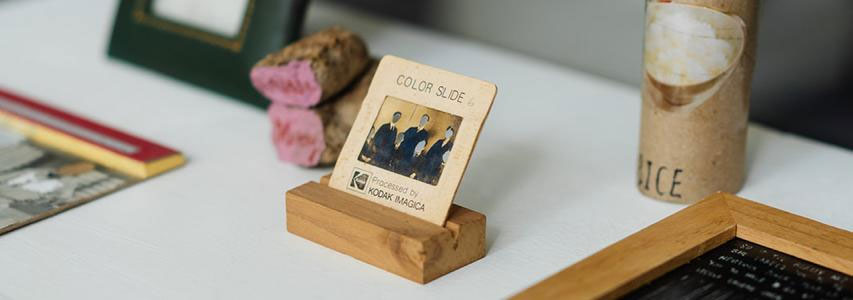
Image: Kaori Yoshikawa, Selection of works, 2012 ~ present. Catalogue of the exhibition ‘Worlds Within’, part of the AHRC project The Work of Art in Contemporary Japan: Inner and outer worlds of creativity.
Creating Possibilities for Encounter: The Kansai Art Scene
- 21 July 2025
- 6.45pm (BST)
- The Swedenborg Society, 20-21 Bloomsbury Way (Hall entrance on Barter St), London WC1A 2TH
- https://www.japansociety.org.uk/event?event=905&eventcat=11
- +44 (0)20 3075 1996
- events@japansociety.org.uk
- Tweet
The creative process is inherently open-ended; its outcomes cannot fully be anticipated at the outset. Rather than viewing creativity as a singular moment of inspiration or innovation, this paper approaches it as an ongoing and broader process that includes preparation, interaction, and responsiveness to others and to the environment.
Drawing on ethnographic research with a network of contemporary art practitioners in the Kansai region of Japan, in this lecture anthropologist Iza Kavedžija explores how artists describe their creative work as shaped by encounters—with people, materials, objects, artworks, and elements of popular culture.
These encounters are not passive events but require a cultivated practice of attunement. Artists spoke of routines and habits that allowed them to be affected by what they encounter, suggesting that creativity involves a kind of openness that must be actively maintained. Creative work, in this sense, is a form of temporal agency that engages with the indeterminacy of everyday life.
Attending to the unexpected becomes not only a possibility but a necessary part of the process. Creative practice can thus be understood as a form of attunement that supports wellbeing by transforming uncertainty into a resource. Through collaboration and improvisation, artists develop ways of working that embrace unpredictability, suggesting that resilience may lie in the capacity to remain open to what cannot fully be known.
Iza Kavedžija is an Associate Professor of Medical Anthropology at the University of Cambridge. She has written on topics including meaning in later life, wellbeing and creativity. Her book publications include Meaning in Life: Tales from Aging Japan (University of Pennsylvania Press, 2019); Values of Happiness: Toward an Anthropology of Purpose in Life (University of Chicago Press, 2016); and The Process of Wellbeing: Conviviality, Care, Creativity (Cambridge University Press, 2021).
If you have any questions, please call The Japan Society office on 020 3075 1996 or email events@japansociety.org.uk.
Booking Details
Free- Booking essential
